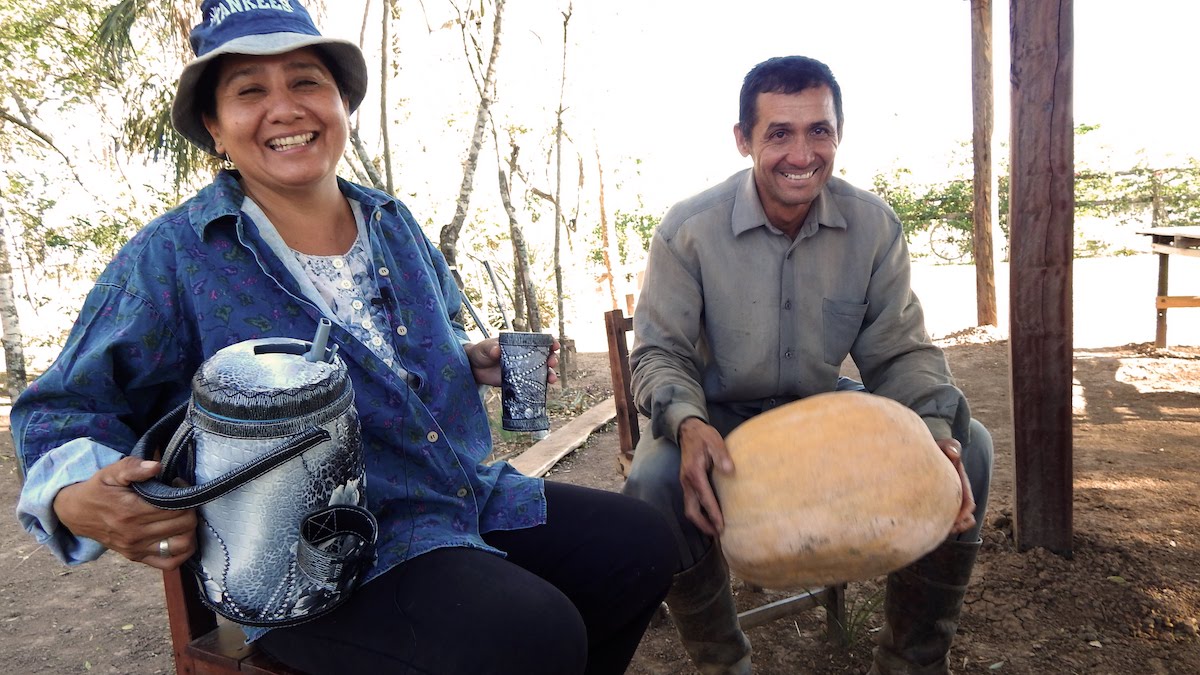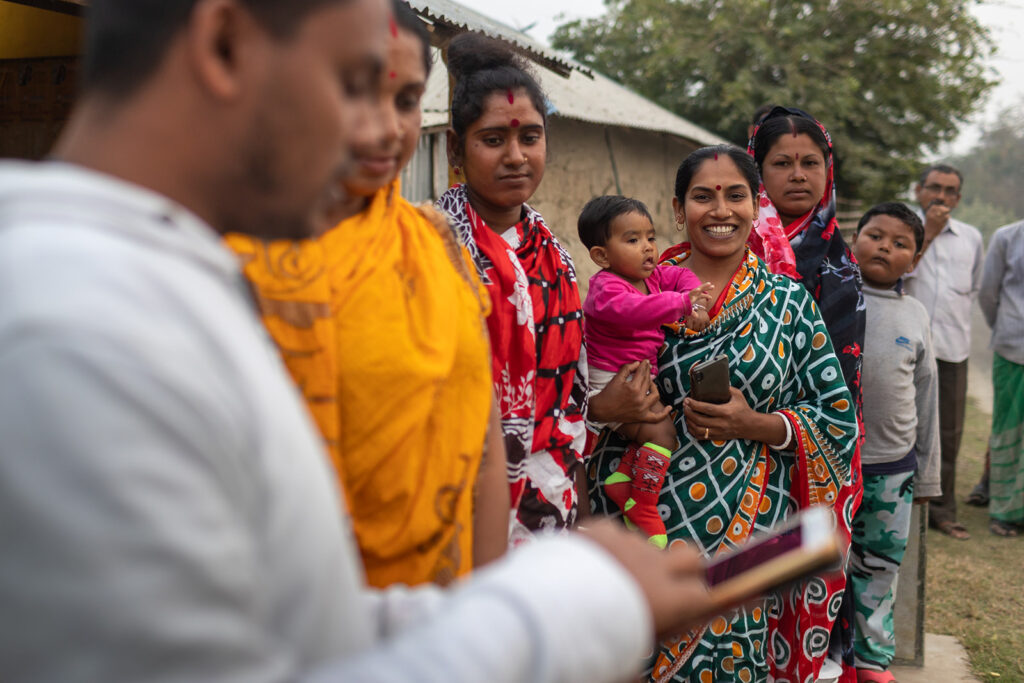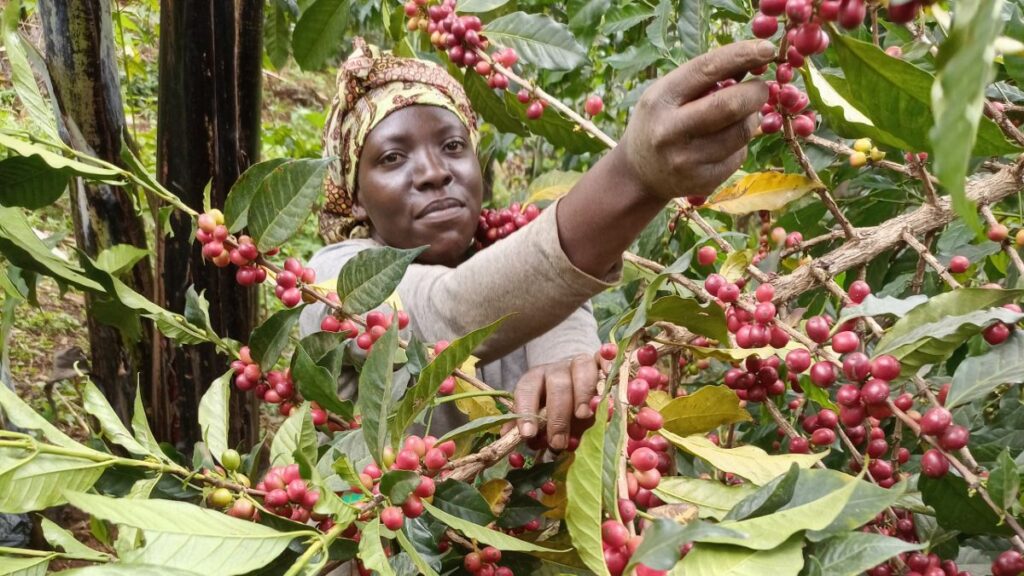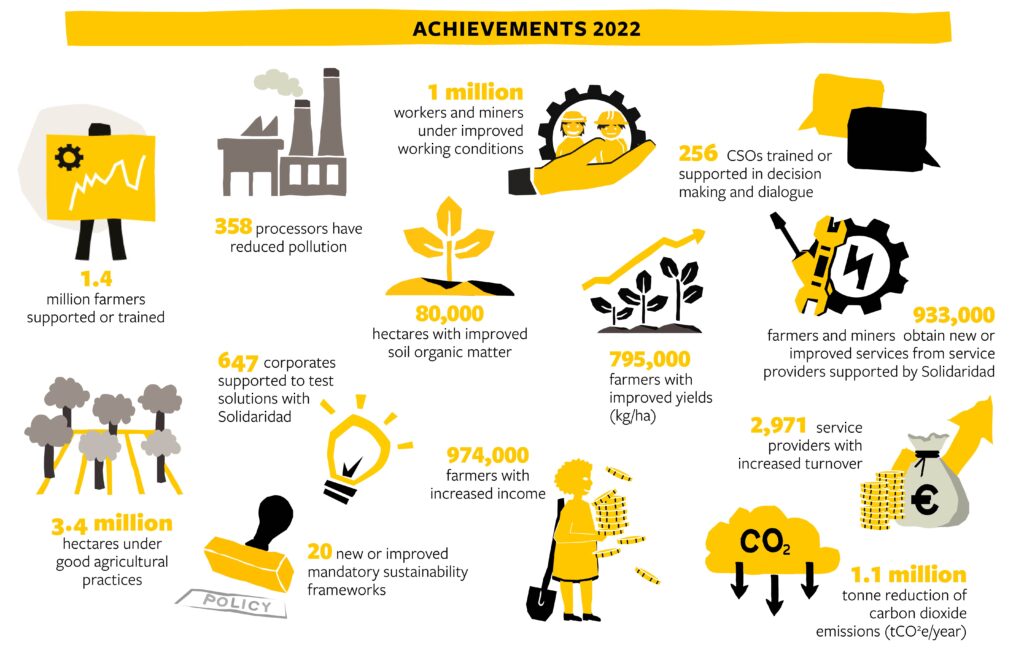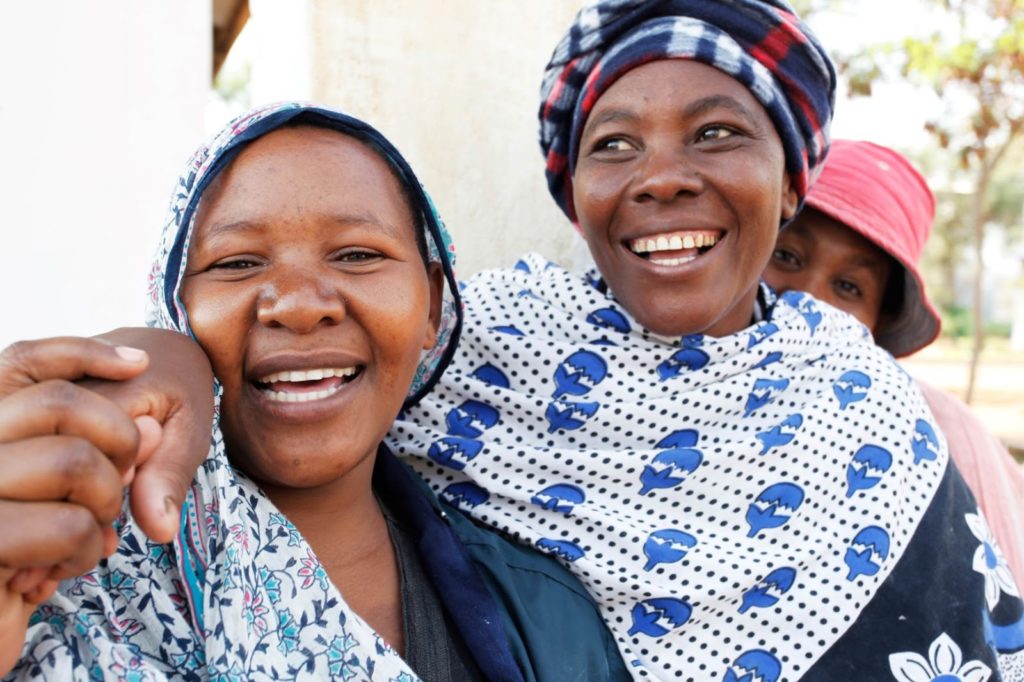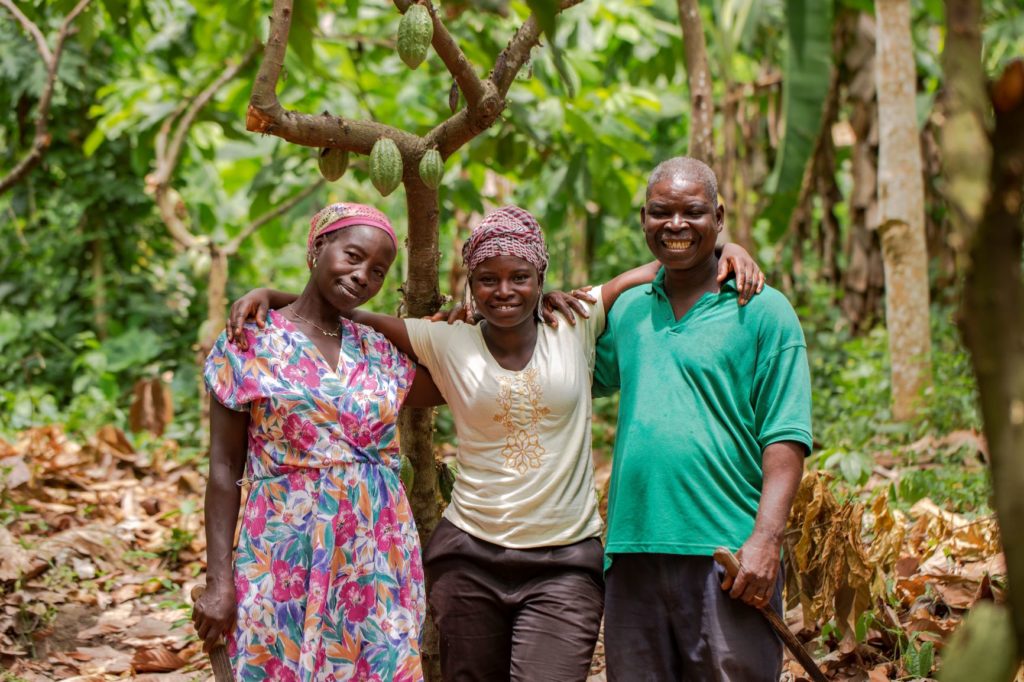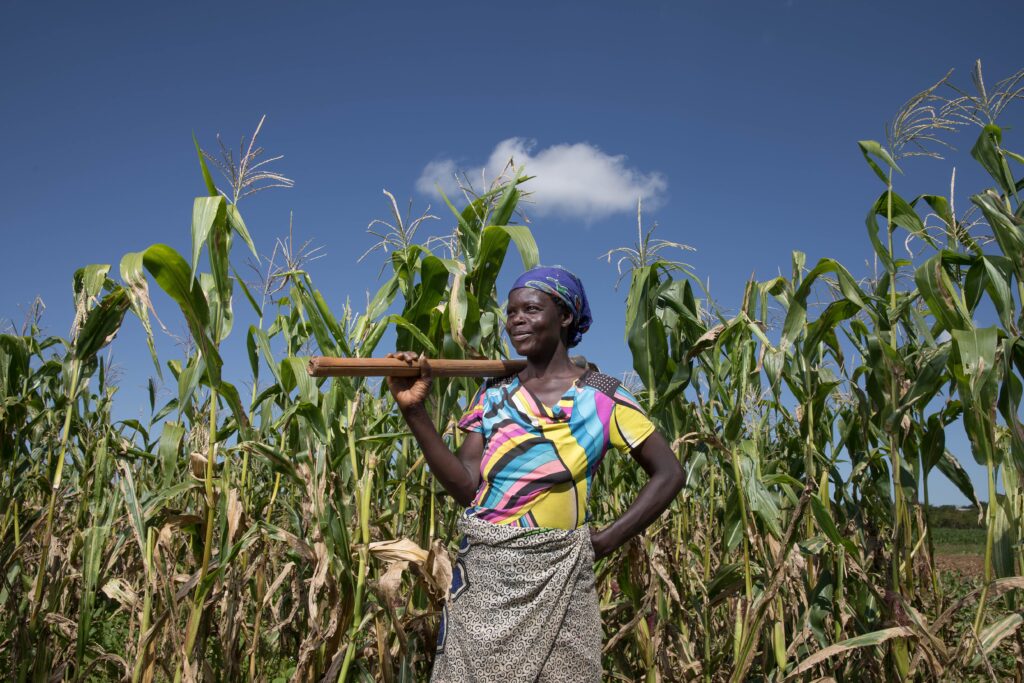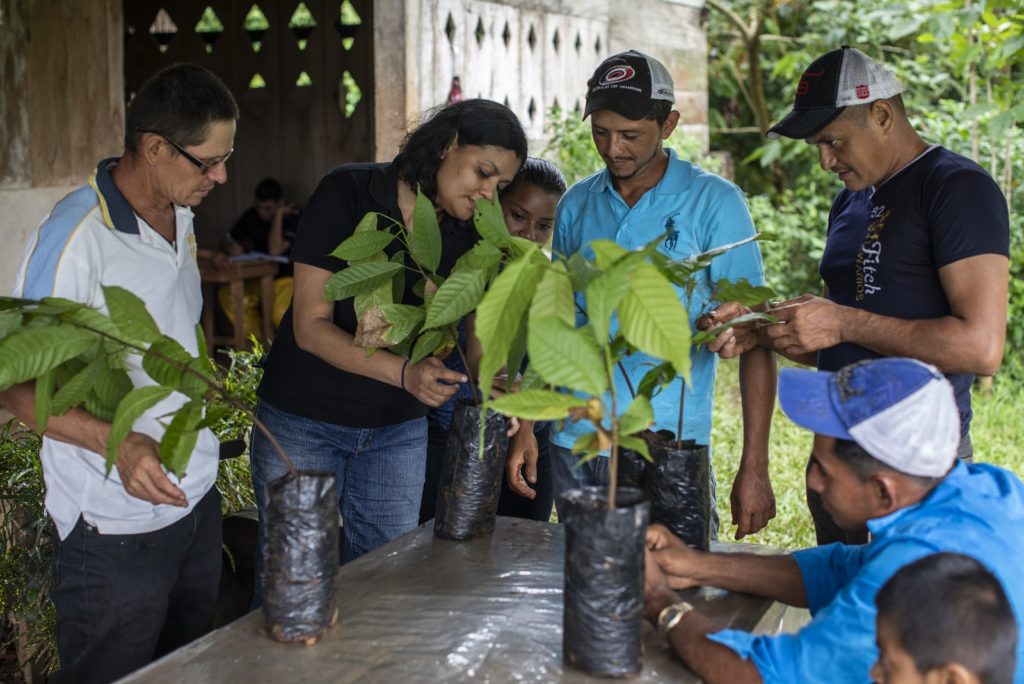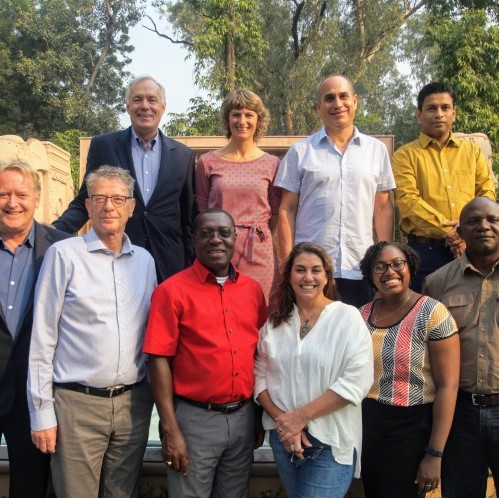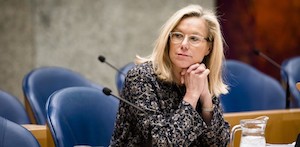Casilda has encountered a number of challenges in realizing these livelihood ambitions. Local cooperatives don’t always have the means to support their members with technical assistance, and there’s often a lack of coordination between various levels of public authorities. This limits the organized support offered to producer members of the cooperative in times of droughts and floods. Nevertheless, Casilda has persevered.
Many discouraged me and said I couldn’t grow anything here, but with sacrifice, the land yields its fruit.
Casilda, dairy farmer in Paraguay
Casilda’s inspiring story shows, once again, the important leading role of women and girls in tackling the effects of the climate crisis and ensuring improved food security and livelihoods of their families and communities. Today, on International Women’s Day, we echo the international community in this year’s theme, ‘Gender equality today for a sustainable tomorrow’, recognizing both this vital contribution and leadership of women and girls around the world, as well as the barriers still standing in the way of gender equality. These barriers must be taken down – our sustainable future and well-being depend on it.
We have collected some examples from our work worldwide that illustrate the vital contribution of women and girls in this process, as well as the barriers to gender equality they still face.
Women making advances in dairy farming
Another inspiring example of a woman dairy farmer is Protiva Biswas in Bangladesh. Through the adoption of climate-smart practices and the utilization of digital technologies, she and many others like her are helping to create an enabling path forward for female dairy farmers in their communities and country.
Smallholder farmers in Bangladesh’s fragmented dairy sector are often excluded from the necessary opportunities to grow their business, and women face these barriers in particular. Notably, the majority of dairy farmers in Bangladesh are women. They face several challenges, such as low milk yields due to poor cattle management practices, lack of quality feed and fodder, as well as limited access to veterinary services and markets to sell their produce. Despite being actively involved in every aspect of the dairy supply chain, they also do not receive the money obtained from the sale of milk. Lack of ownership of income further leads to poor investments in raising the productivity of their dairy farms.
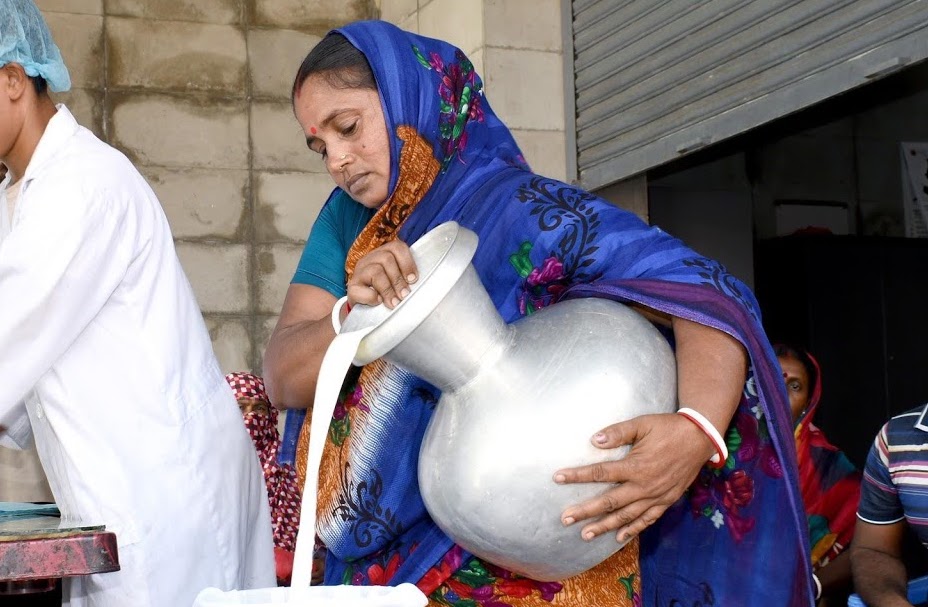
With the support from Solidaridad’s Sustainable Agriculture, Food Security and Linkages (SaFaL) programme and the USAID-funded WomenConnect Challenge award, female entrepreneurs like Protiva have been able to further professionalize their dairy farming businesses over the past years. Over 5,600 women farmers are connected to a digital payment system at Solidaridad’s milk collection centres, which is increasing transparency and financial inclusion for them. 12,000 women farmers are getting on-demand technical assistance regarding improved dairy farming practices through an Interactive Voice Response (IVR) system. This is empowering them with the knowledge they need to increase their productivity of their dairy farms and improve their incomes. Protiva and other female entrepreneurs are now being recognized as successful entrepreneurs by their families and communities and included in important decision-making processes.
Farming excites me because I am now confident that I am supplying fresh and safe milk to my family, the community and the people of my country, and through the adoption of climate-smart technologies and best practices.
Protiva Biswas, dairy farmer in Bangladesh
Improving livelihoods with diversification and agroforestry
Across sub-Saharan Africa, women are the unsung heroes of ensuring food security for their families and communities. They are responsible for about 60 to 80 percent of food production, as well as vital domestic work such as fuel and water provision. Yet, they have little access to or control over natural assets in their communities, such as land, water, and ecological conditions that create opportunities for a better life. This greatly affects their capacity to benefit from cash crops, such as coffee and tea, as the proceeds usually go to the men who own coffee trees and land.
Income diversification initiatives to improve women’s livelihoods have often been insufficient in tackling this challenge; in fact, they have sometimes actually led to an increased burden on women. Efforts geared at diversification must consider innovative options that improve women’s livelihoods without increasing their burden. In our work in the East-African coffee sector, on-farm diversification has proven to be a promising approach for smallholder farmers to adapt and build resilience, particularly geared at female farmers.
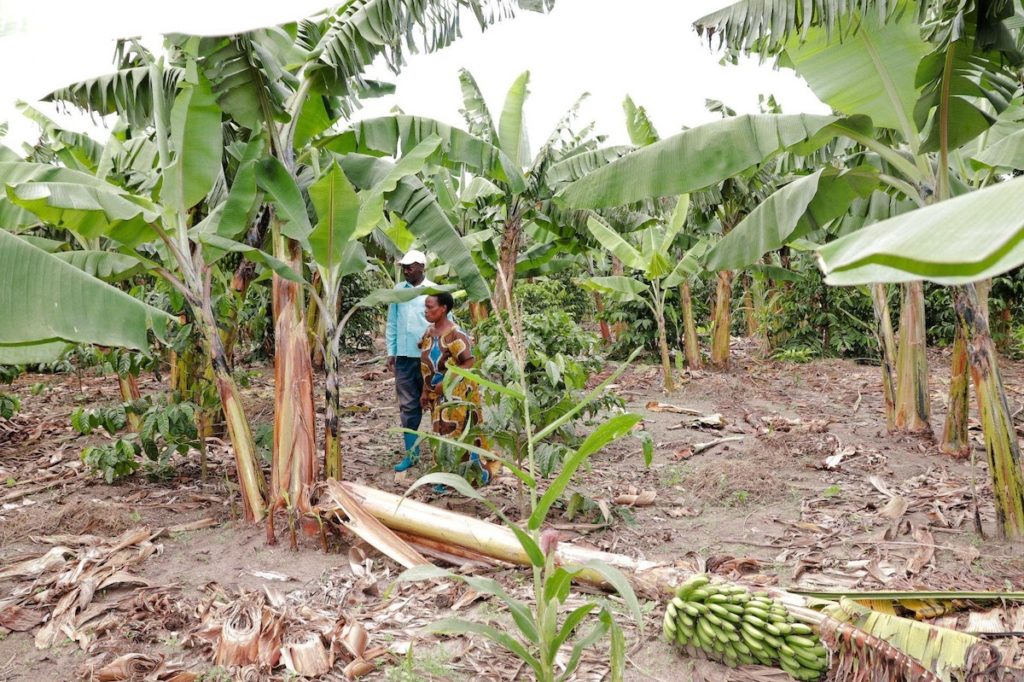
Our work in agroforestry in Central America has also shown that smallholder farmers can reap multiple benefits by adapting climate-smart practices required to establish and maintain an agroforestry system, which enables them to diversify their food and income sources. For example, Esmeralda Rivas and her family in Nicaragua have learned to apply agroforestry and other best agricultural practices in their own cocoa plantation, where they now also grow corn and bananas. The Rivas family is now able to invest part of their income in continuously improving their plantation with the hope of one day expanding their land further.
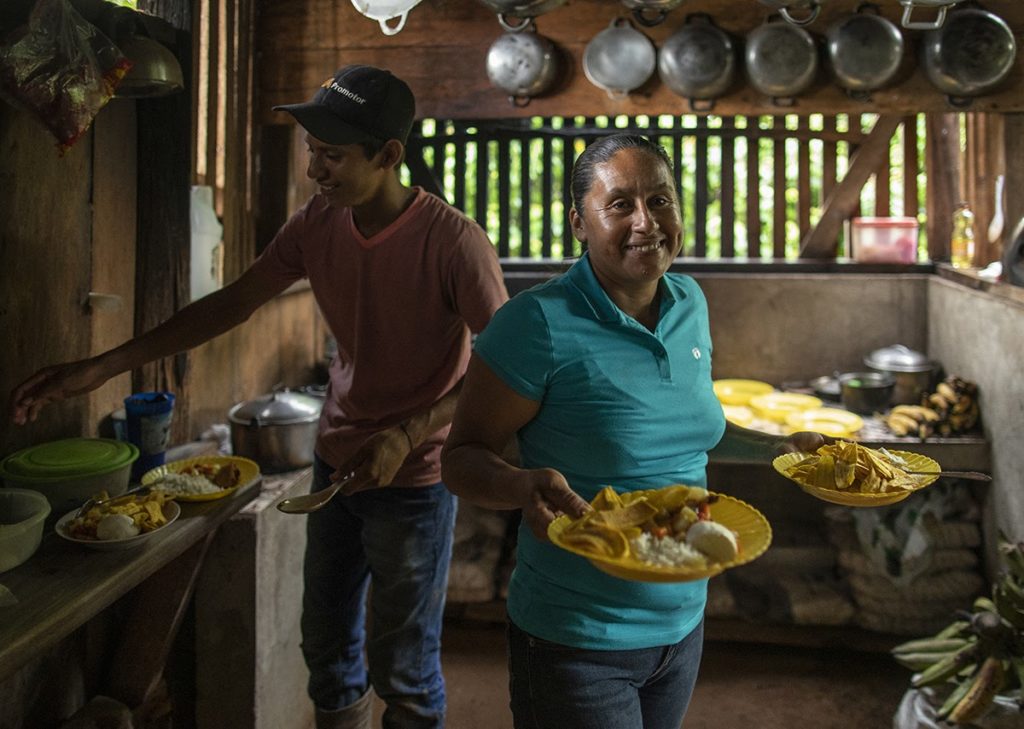
Ensuring food security in the face of great challenges
As the above stories have shown, while farmers ensure the world’s food security, they often find themselves to be unsure of their own food security. Women in particular are acutely affected by this as they serve as primary caregivers at household level and make up much of the labor force at farm level. Solidaridad strives to tackle this enormous challenge. In our soy programme in Mozambique, Zambia and Malawi, we trained 50 groups on gender issues such as equality, equity, inclusion, and nutrition – the latter topic was added as an extra incentive for farmers to participate.
With soy and vegetables used as raw materials, Solidaridad provided the ingredients for cooking lessons, including domestic processing of soy, soy porridge, cakes, and soymilk. In total, 2,122 women were trained with the support from lead farmers; and local leaders and husbands of female participants were included in the training.
As a result, women now lead 13 of the groups. Culinary demonstrations are now replicated at the community level, and some women are teaching lessons on local community radio stations. Although there has not been a nutrition survey to measure the results, there is general acceptance that the nutrition status of children has improved. Some women are preparing and selling enriched porridge near schools and markets, thereby supplementing their incomes. All women trained in preserving and preparing nutritious food in the programme are utilizing all the learned tools to improve their livelihoods, and about 40% can utilize the knowledge throughout the year.
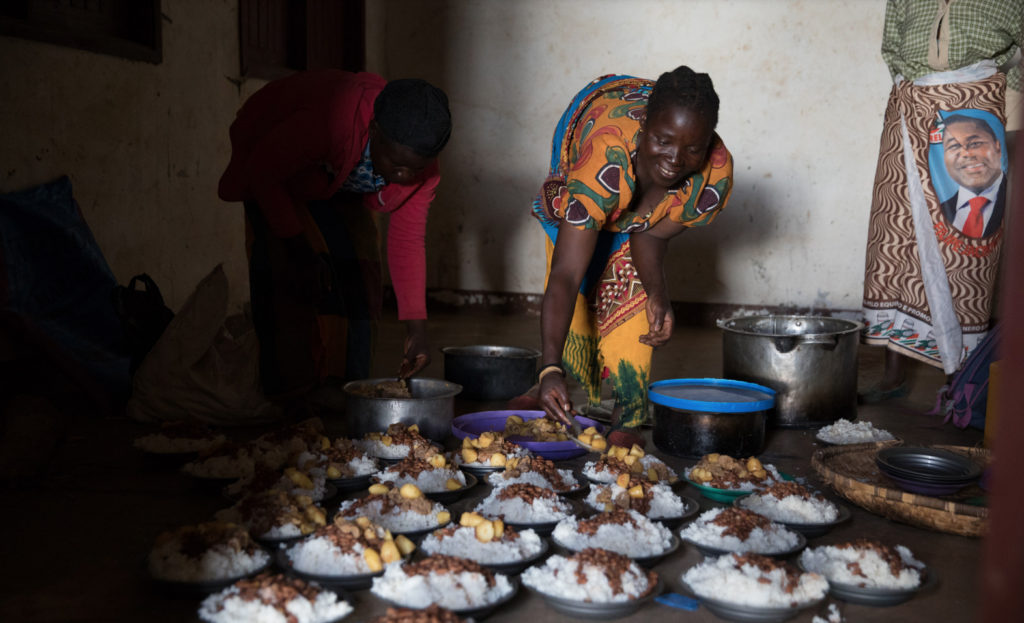
Join us to RECLAIM Sustainability!
With our current five-year RECLAIM Sustainability! programme, Solidaridad and partners are striving towards a value chain system where genuine sustainability and the role of farmers, miners and workers are at the heart of sustainable and inclusive change. Women make up a large part of these producers.
Reclaiming genuine sustainability means producers in the front seat, their role and contribution recognized and appreciated as they should be: through active participation in decision-making; a living income and wage; and strengthened resilience in the face of global challenges such as the climate crisis, which necessitates structural change at the institutional level. At present, traditionally marginalized population groups, among whom also women and girls, are often still disadvantaged by globalization processes. We strive for this to change, ensuring that sustainability is in the hands of us all.
Curious to know more or interested to work with us? Get in touch, we’ll be happy to hear from you!

